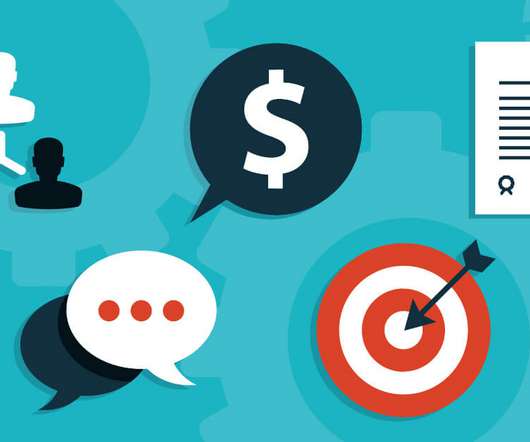5 PEO services you might not know exist
Insperity
OCTOBER 14, 2021
You probably know that a professional employer organization (PEO) can help you with benefits and payroll. Many PEOs offer several services that can be just as, if not more, beneficial to your employees and organization. Compensation services. Without a strategic plan, an organization has no focus.












Let's personalize your content